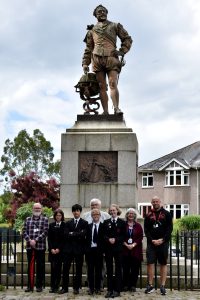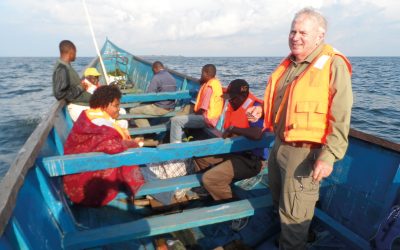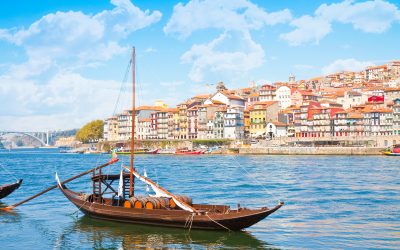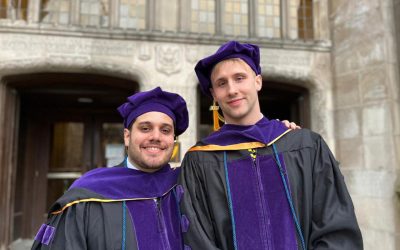An historical project driven by a Tavistock Rotarian has finally come to fruition to provide the town with a more detailed history of local icon, Sir Francis Drake.
At the height of the Black Lives Matter controversy three years ago, the renowned English explorer was among a number of historical figures whose reputations and legacies were questioned because of their links to Britain’s colonial past.
Listen to this article
Sir Francis is renowned for circumnavigating the world in a single expedition on his ship the Golden Hind from 1577 to 1580 and for defeating the Spanish Armada in 1588. But he also has links to the slave trade.
Now, in a spirit of understanding, an information panel has been set up near the statue of explorer Sir Francis Drake in Tavistock, Devon, thanks to the work of Rotarian Geri Parlby.
A grant from Historic England allowed this project to preserve the legacy of Sir Francis whilst providing a more comprehensive look at his history, namely his work in the slave trade.
It will enable children to discover their local heritage and develop an understanding of how that relates to our national story and to contemporary issues.”
As well as the information panel, an educational programme has also been developed for schools in consultation with Tavistock College which covers the history of Francis Drake, the development of the transatlantic slave trade and issues surrounding modern day slavery.
The programme is set to be made available to all Rotarians via the newly-formed Rotary for Slave Free Communities Group.
The project had faced delays in getting off the ground due to COVID-19 and a series of protests by militant groups outside of the town, a reminder of just how contentious the debate was surrounding tributes to British icons with problematic pasts.


As well as the information panel, an educational programme has also been developed for schools in consultation with Tavistock College which covers the history of Francis Drake.
It was in the wake of the 2020 Black Lives Matter protests and the toppling of Edward Colston’s statue in Bristol, discussions started surrounding the statue of Francis Drake which had originally been erected in 1883 to commemorate his Tavistock origins.
There were rival petitions started by local residents, with one calling for the removal of Drake’s statue and the other campaigning for its preservation.
At the time, Geri Parlby reflected: “In many places, these global protests have led people to question the way in which statues tell the stories of, or celebrate the past, reigniting an ongoing debate as to how we should remember and memorialise historical figures, particularly those with ties to slavery.”
Tavistock Town Council had also already received a letter from the Vice Principal of Tavistock College on behalf of current and former students asking for the removal of the statue as well as the removal of Drake’s name from their school house.
After discussions with the college, Tavistock Town Council, Tavistock Heritage Trust and representatives from Rotary, it was agreed that the pupils and parents of the school as well as residents of Tavistock should be consulted about what happened with the statue.
A working group was formed with councillors, Rotarians and heritage specialists to develop a questionnaire for the school and town.
The results of the questionnaire showed that the majority wanted the statue to remain but there should also be more detailed information provided about Francis Drake and the history of the slave trade, spawning the idea for the information panel and the school programme.
Sandra Stancliffe, Historic England’s Head of Education, Inclusion and Volunteering, told the Tavistock Times: “Historic England has been delighted to support this important project which will help tell a more complete story of Drake’s life.
“It will enable children to discover their local heritage and develop an understanding of how that relates to our national story and to contemporary issues.”
Tavistock Rotary President, Martin Webb, also said: “Rotary International has been involved in raising awareness of the issues surrounding modern slavery for several years and education is also a key aspect of our community work.”
Who was Sir Francis Drake?
Sir Francis Drake was an explorer from back in the Tudor era, perhaps most famous for being the first Englishman to sail around the world from 1577 to 1580, becoming only the second person ever to complete a circumnavigation.
Seen as a hero in England at the time, the Spanish had a very different opinion of him after his time as a privateer for the government when he regularly pillaged Spanish settlements and captured their ships.
Although not widely publicised until recently, Sir Francis Drake was one of Britain’s first successful slave traders alongside his cousin John Hawkins.
They would routinely attack African coastal villages in countries like Guinea and Sierra Leone, kidnapping whole communities, taking them to the West Indies and selling them to the Spanish.
Their last expedition was compromised by a Spanish ambush, catalysing the long-standing hatred between Francis Drake and Spain.
Drake also played a key role in the late 1580’s in England’s war with Spain, serving as a Vice-Admiral as England defeated the Spanish Armada.
His notable achievements during the conflict included rescuing a failed English settlement from the Roanoke Islands, disrupting the Armada’s preparations by destroying their ships in Cadiz and famously sending ships that were on fire into the Spanish fleet, causing them to break formation.
His other notable achievements included being knighted by Queen Elizabeth I and serving as the Mayor of Plymouth during his years back in England.


























































